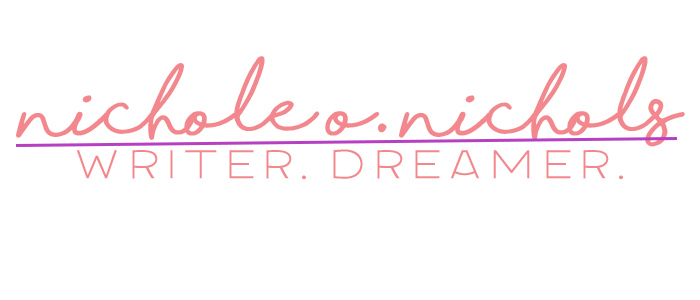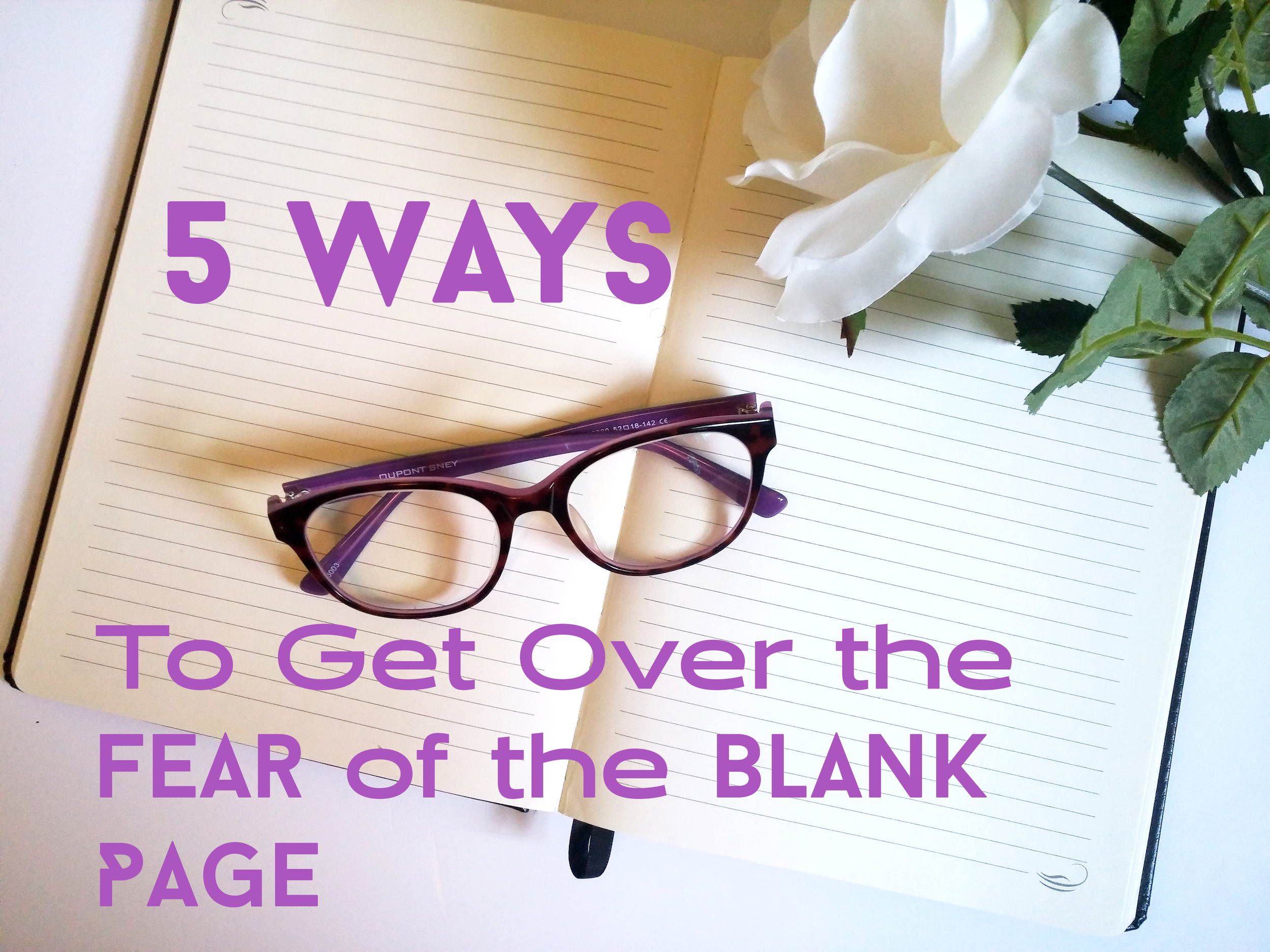#WritingTipWednesday: 5 Ways to Get Over the Fear of the Blank Page
The biggest reason that I've been inconsistent with my writing this year is fear. Writing is something I've wanted to do ever since a teacher praised me on a short story I wrote in elementary school, yet I become frustrated by how I can become so paralyzed by fear. And many times I don't know what I'm afraid of. Maybe success. Maybe failure.
This is why starting- overcoming fear of the blank page or screen- is sometimes the hardest and most important part of the craft. I'm close to starting the second chapter of my first novel, and I never thought I get even to this very early milestone. A blank page (or screen) is so intimidating because of the overwhelming possibility it represents. I've learned that part of the craft of writing is harnessing emotions that the bigness and the wideness of this possibility put in us toward the story that we are charged to tell. These are some ways that I've found to be helpful in doing that:
1.Write a list/Freewrite
Letting things come in whatever form they want allows you to get your ideas out in raw form. It's pretty basic advice, but I think it's important to let your mind flow in a way that is unfiltered and unjudged. I'm trying to break myself of the habit of editing myself while I freewrite. Editing is where the true story is polished to brilliance, but you can't edit ideas that are not on written down. Once you give yourself permission to write freely without worrying about perfection, grammar, or what you think you should be writing, you'll arrive at what you want to write and what people want to read.
2. Go people watching
If you need ideas about how to deepen a character or make your dialog more realistic, people watching is a great tool. It's also a great way to start the flow of ideas during freewriting. Find a bench at a mall or a park and describe interesting people that walk by. Create a story line around what will happen once they leave the mall or park.
One thing that really kills a story is unrealistic, strained dialog. We have conversations every day, many times a day, so we tend to take for granted that conversations have a certain rhythm and that the way a conversation unfolds can differ depending on a person's surroundings, upbringing, etc. People watching can help you to notice these things, and all you'll have to do is use some creativity to mold what you observe into a story.
3.Treat yourself to new music
Most of the poetry that I've written was inspired by music. I think of story lines while listening to music in the car. Go to iTunes, listen to some clips from some albums, and buy one from an artist that you've never heard before. Write how the music makes you feel. If the ideas come too fast, just list them. You can organize them later.
Lyric-free music, like jazz or instrumental tracks, seems to be the best type of music for me to write to.
4.Take the pressure off
You will not be a Nobel Laureate overnight. Your first book will probably not be a New York Times Bestseller. Despite what Na-No-Wri-Mo tells you, a novel doesn't have to be written in a month. A novel takes as long as it needs, and that's totally up to you. I'm telling myself this as much as I'm telling you. Sometimes our dreams are so big that they can crush us if we are not careful. In that case, we must break them down into smaller, more manageable pieces. I have weekend deadlines for my chapters so that I'll finish two chapters per month. If I don't quite meet that deadline, it's ok though. The more pressure you put on yourself, the more you choke off your own creative energy. Be kind to yourself. There is room for everyone's voice. Focus on manifesting yours in its truest form.
5.Focus on Fidelity
While you don't want to pressure yourself to the point of anxiety attacks about your writing ( I am guilty), in order to finish a project, you've got to balance that with being faithful to yourself about completing your project in a timely manner. One thing that helps me to finally write something is to think about what I really want. Is being "safe" from whatever I fear if I write more important than completing my novel? I'd say no, and that puts things in enough perspective for me to go ahead and write.
What motivates you to overcome the blank page/screen? Tell me in the comments!
k
hhh


